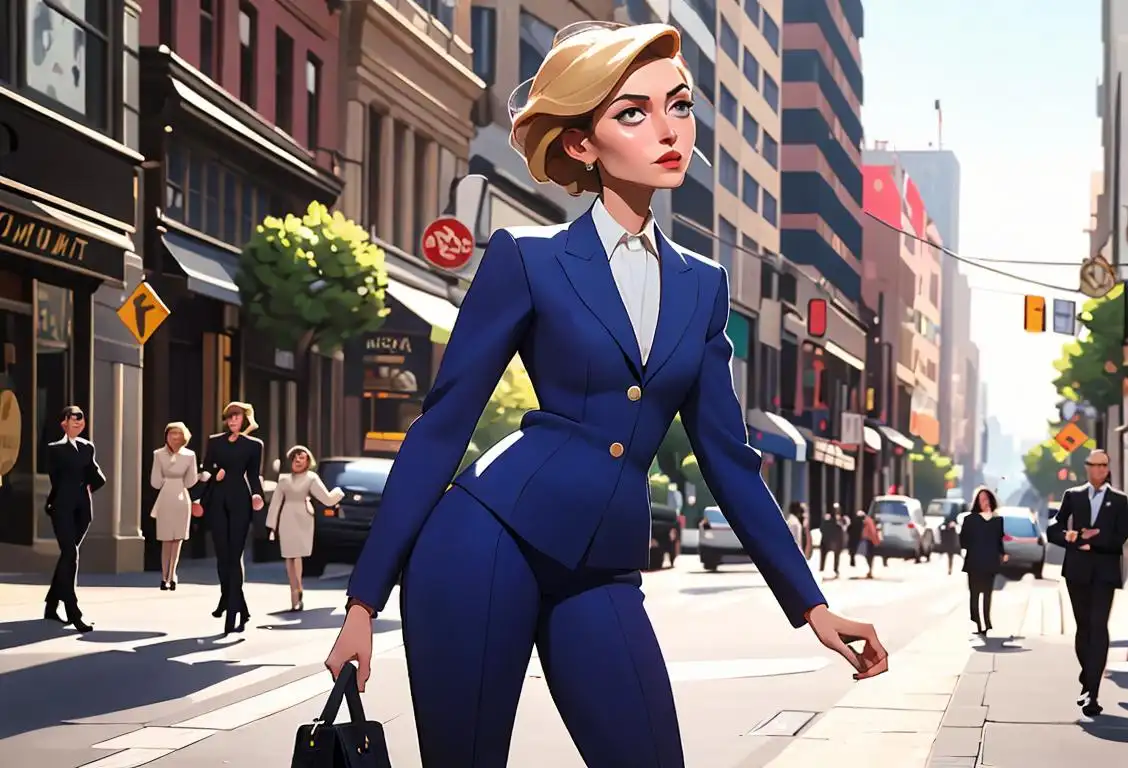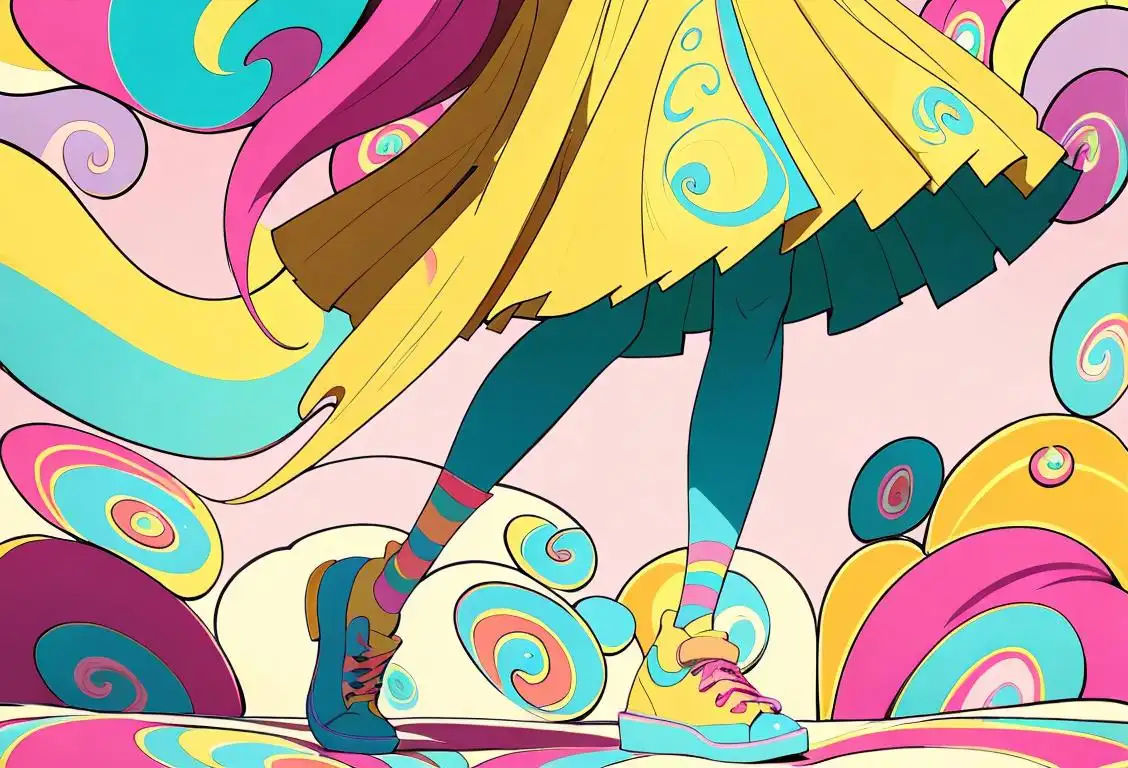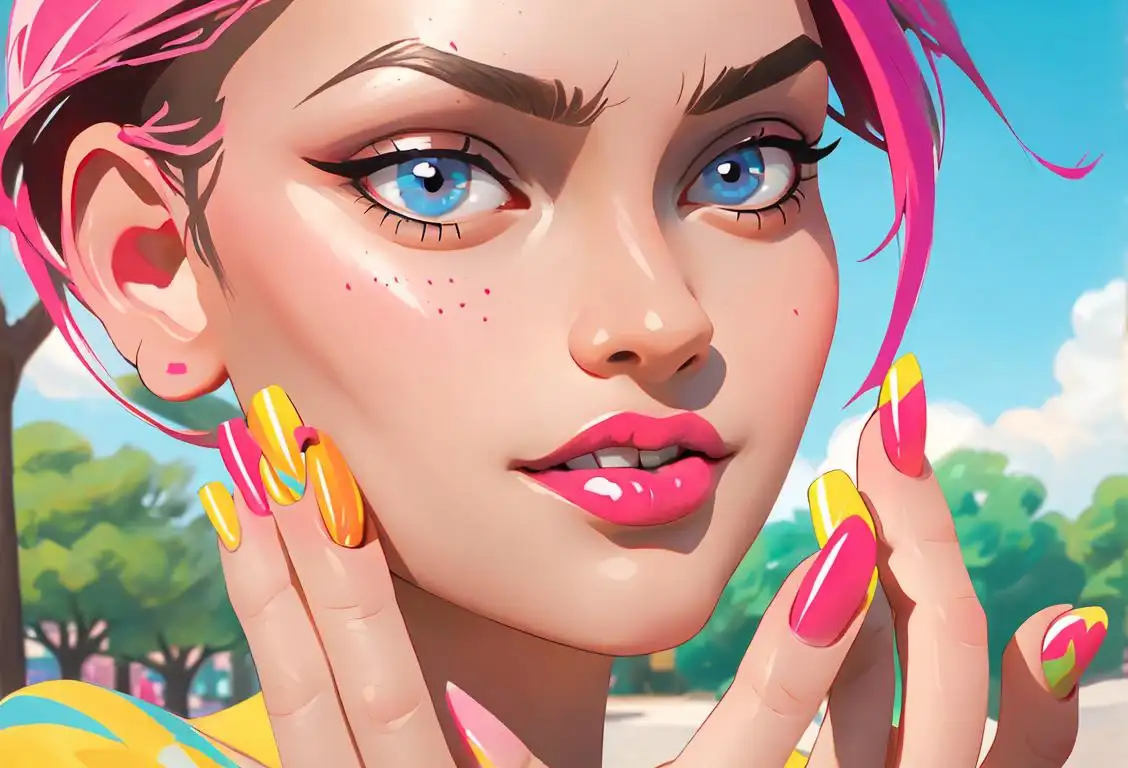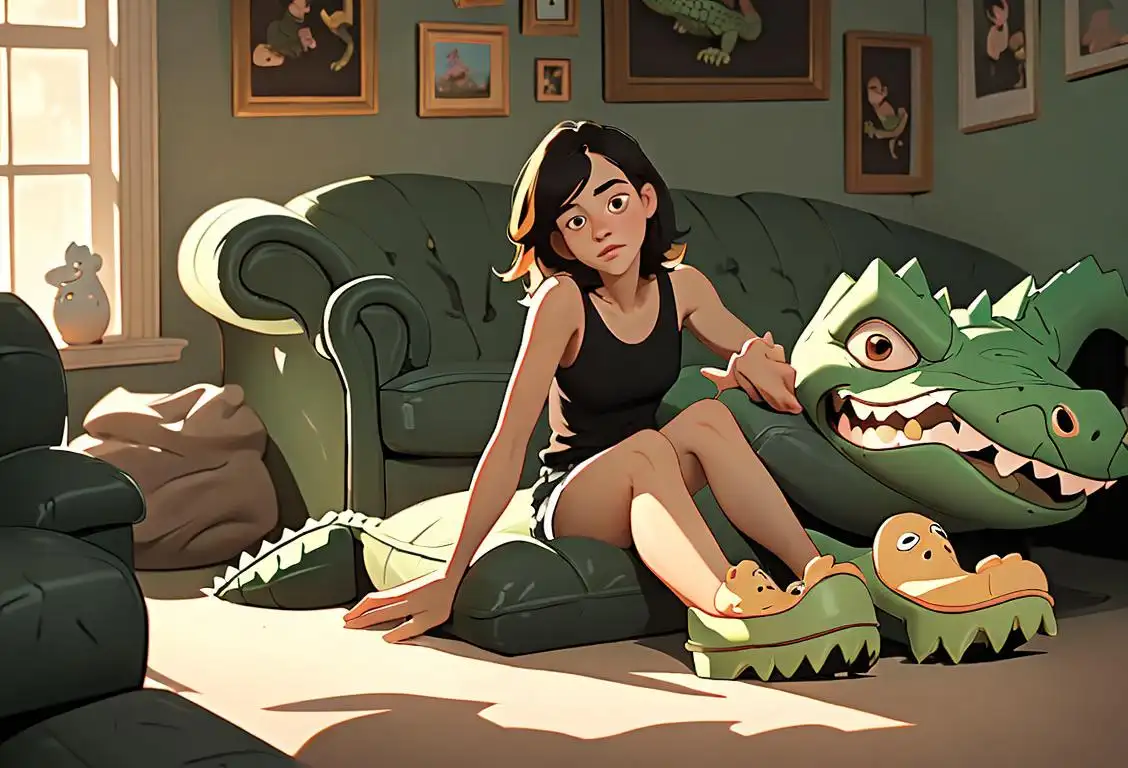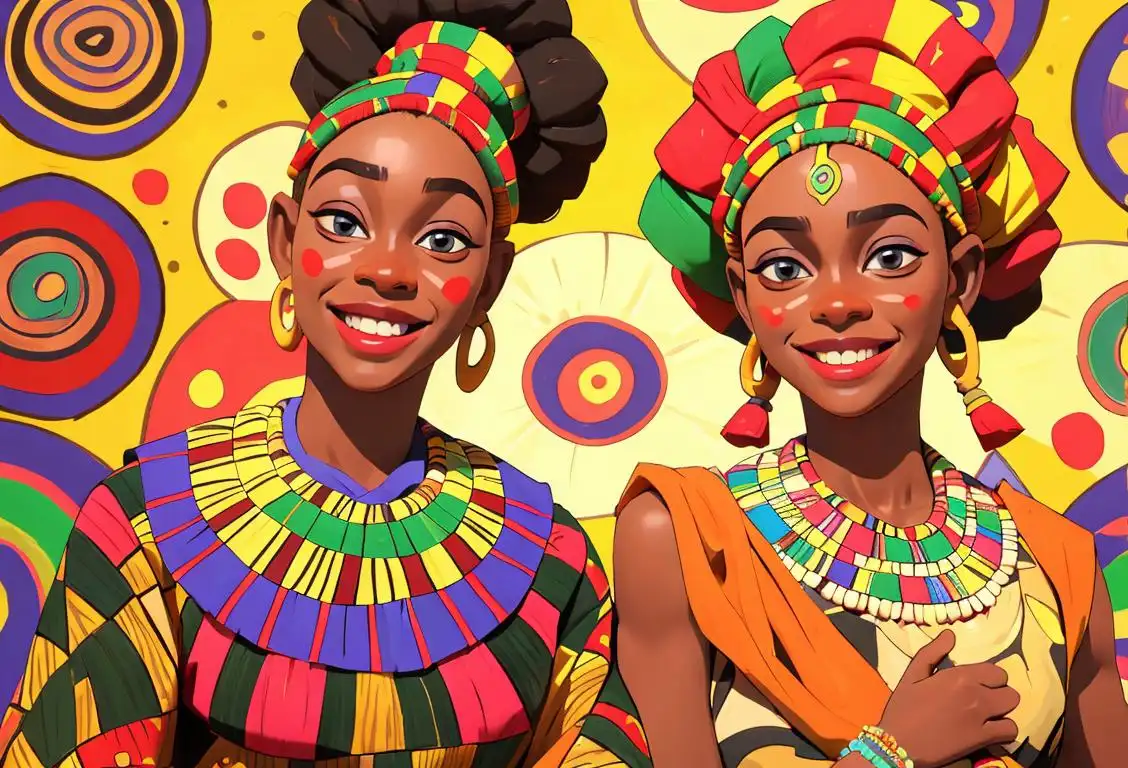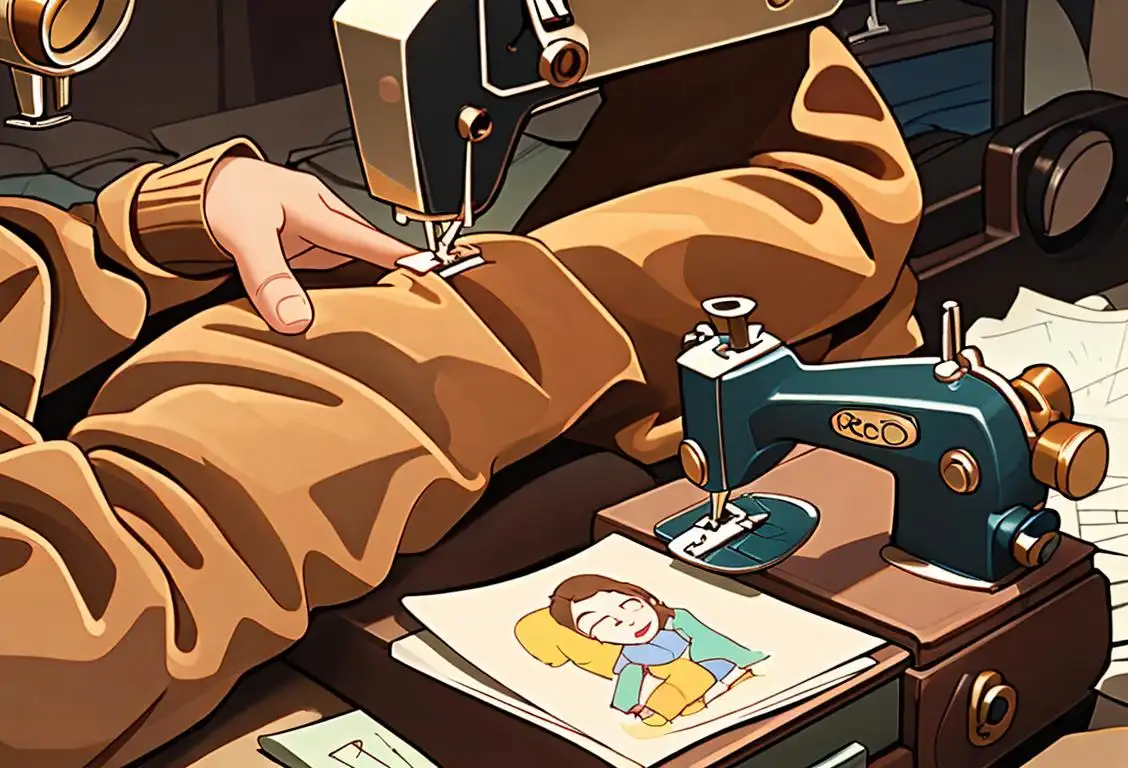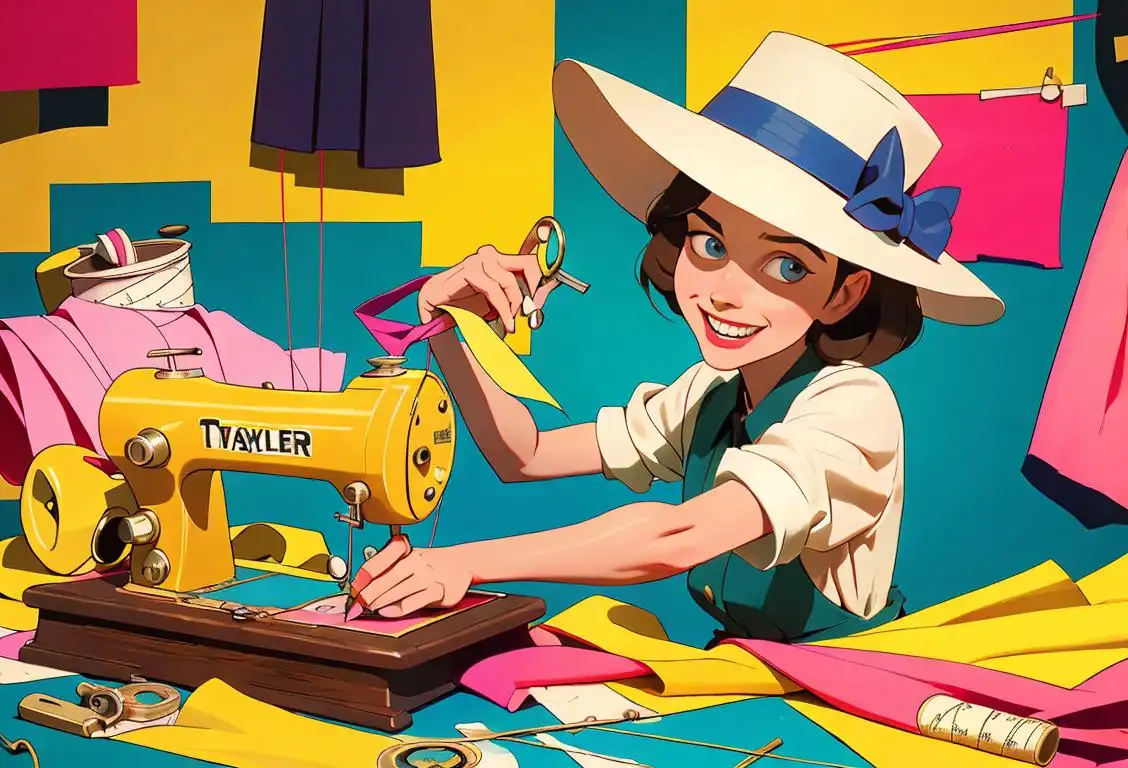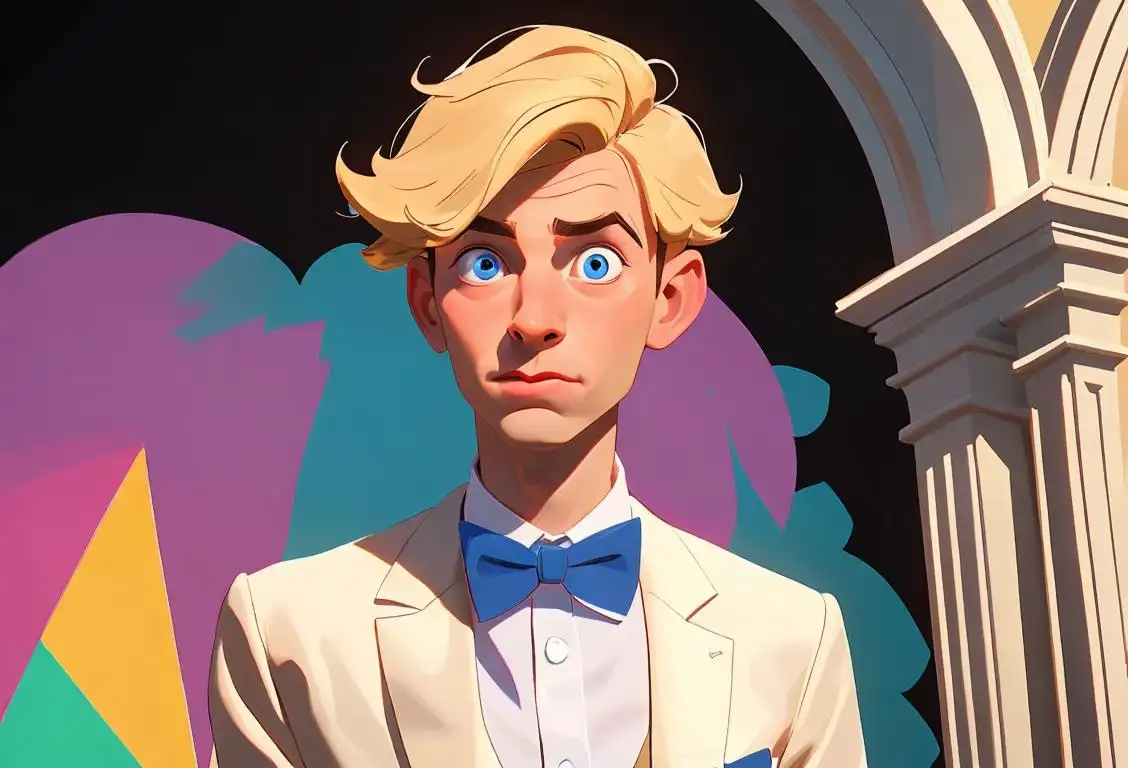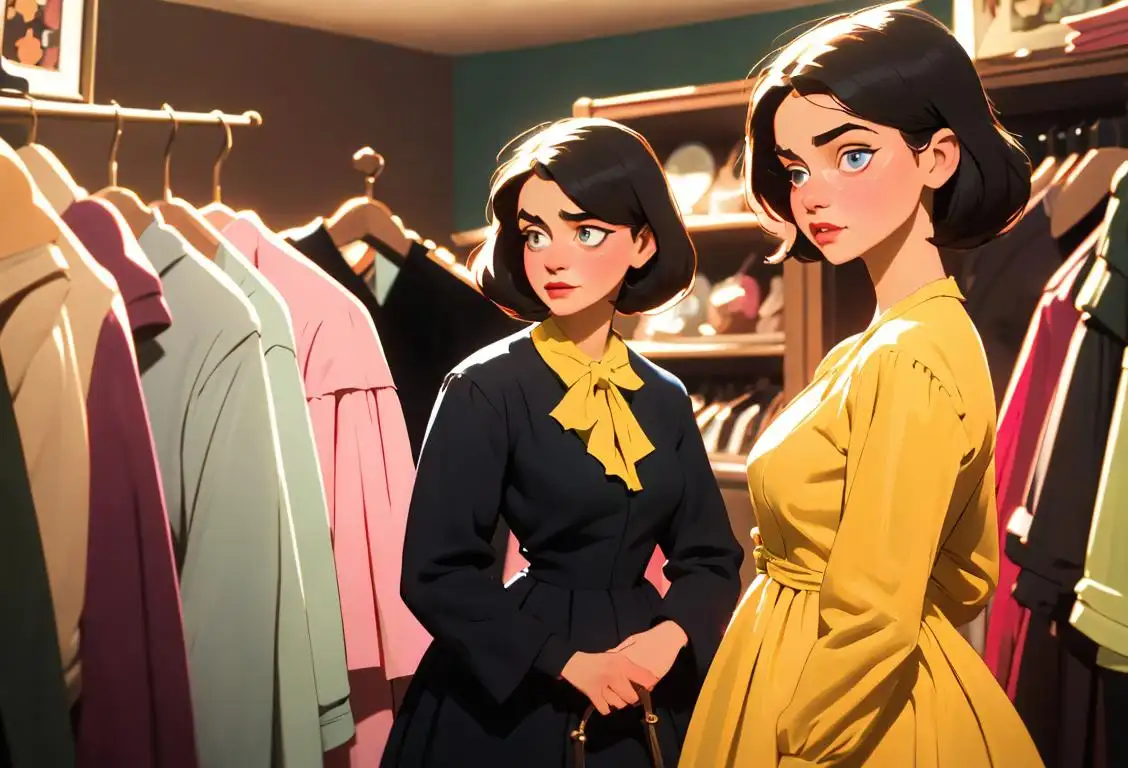National Hat Day

Ah, the humble hat. The bowler hat, the baseball cap, the fez, all sublime centrepieces of any respectable wardrobe, and not to mention instant lifesavers during bad hair days. I bet you didn't realize that our trusty, versatile headgear has its very own day to be admired, celebrated, and, most importantly, worn with pride. Welcome to National Hat Day, my stylish readers!
When is Hat Day?
It's national hat day on the 15th January.
The History of National Hat Day
How often do we take a moment to really appreciate the unsurpassed elegance of the trilby, or the effortless charm of the beanie? Well, on National Hat Day, our cranial companions take center stage! This day's humble origin can be traced back to an unknown hat-enthusiast who thought, 'Hey! These fantastic accessories deserve some recognition!' And lo and behold, National Hat Day was born.
The Internet and National Hat Day
Over the years, we've seen the popularity of this glorious day surge significantly online. On January 15, 2016, the internet world tipped their hats in unison, generating a staggering 18032 mentions of National Hat Day.
How to Celebrate National Hat Day
Like most national days celebrated on the web, this is not a government-decreed holiday (no, sadly there are no days off work for hat enthusiasts), but that sure doesn't stop people joining in on the fun! Dig out your favourite Fedora, Beanie, or Stetson and flaunt your hat-wearing prowess on social media using the hashtag #NationalHatDay. Not quite sure which hat to don? There's no rule saying you can't change your hat every hour. In fact, we encourage it!
History behind the term 'Hat'
15th century
The Birth of the Term
The term 'hat' originated in the 15th century and comes from the Old English word 'hætt', which means a covering for the head. Hats were initially simple head coverings made from materials like felt, straw, or animal skins. They were mainly functional, providing protection from the elements.
17th century
Rise of Fashionable Hats
During the 17th century, hats started to become fashionable accessories. Different styles emerged, such as the tricorn, a three-cornered hat popular among gentlemen. Hats became a symbol of social status, and the materials and decorations used became more elaborate. Feathers, ribbons, and jewels adorned these fashionable headpieces.
19th century
Industrial Revolution and Mass Production
With the advent of the Industrial Revolution in the 19th century, hat production underwent significant changes. Mass production techniques allowed hats to become more accessible to the general population. Hat factories emerged, using machinery to produce a wide variety of styles and designs. This made hats more affordable and led to a surge in their popularity.
20th century
Hats in Pop Culture
In the 20th century, hats played a major role in pop culture. They became iconic symbols associated with different professions, such as the bowler hat for bankers and the cowboy hat for cowboys. Famous personalities like Frank Sinatra and Audrey Hepburn popularized specific hat styles, further influencing fashion trends. However, as casual fashion became more prevalent, the tradition of wearing hats started to decline.
Present
Hat as a Fashion Statement
Although hats are no longer an everyday accessory for most people, they have retained their significance as a fashion statement. Nowadays, hats are primarily worn for special occasions or to enhance personal style. From stylish fedoras to trendy snapbacks, the hat industry continues to evolve, offering a diverse range of designs for people to express their individuality and add a touch of flair to their outfits.
Did you know?
Did you know that the Akubra, a type of hat iconic to Australia, is rumoured to be able to hold approximately three litres of water? Now that's a hat that's not just stylish but also practical during a drought!Tagged
awareness fun fashion hat dayFirst identified
6th April 2015Most mentioned on
15th January 2016Total mentions
18032Other days
Hat Day
Pantsuit Day
Two Different Colored Shoes Day
Nail Polish Day
Croc Day
Dashiki Day
Corduroy Appreciation Day
Tayler Day
Bow Tie Day
Secondhand Wardrobe Day
